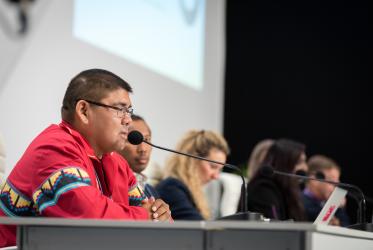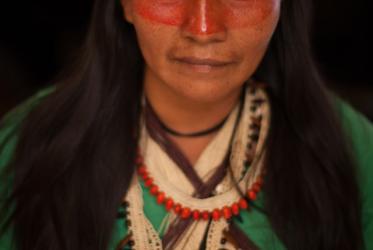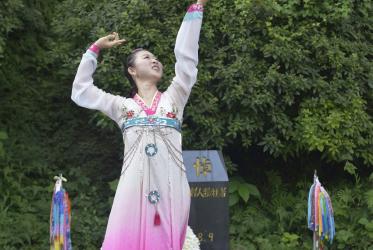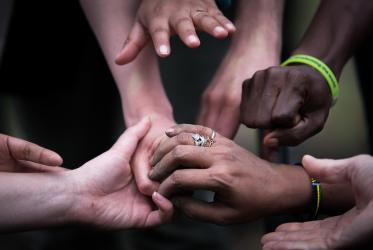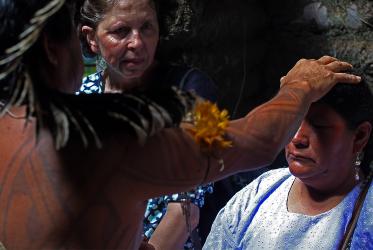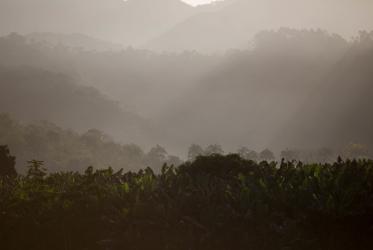Displaying 41 - 60 of 196
CCIA meets in Brisbane with focus on Pacific regional priorities
19 February 2020
Plans for 11th WCC Assembly build excitement across the globe
18 February 2020
“See humans as part of creation” in addressing climate emergency
06 December 2019
Indigenous youth to convene pilgrimage in Japan
07 September 2019
"Diversity" documentary reflects on maze of self-identity in Canada
27 September 2018
Indigenous youth want their voices heard
08 March 2018
Les jeunes autochtones veulent faire entendre leur voix
08 March 2018
Protect the Amazon, urges WCC statement
22 November 2017
Une déclaration du COE exhorte à protéger l'Amazonie
22 November 2017
WCC offers condolences upon death of Anglican Archbishop Turei
13 January 2017



